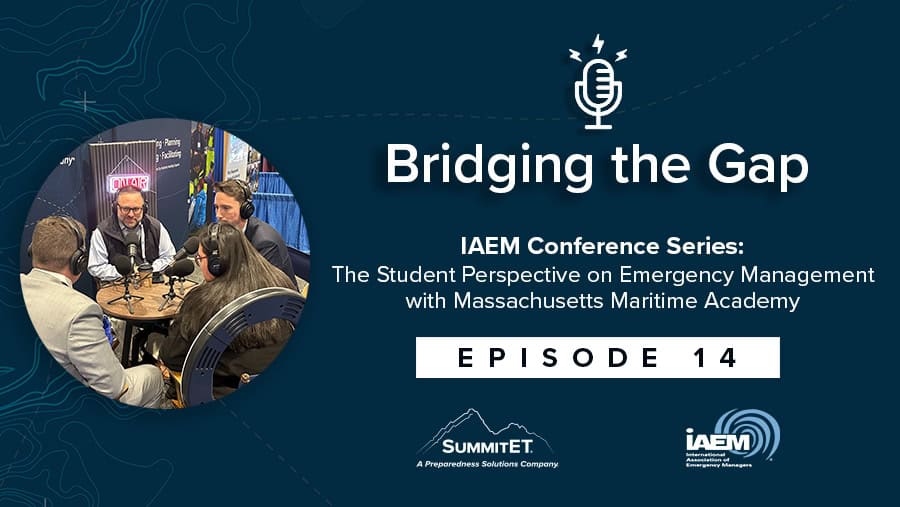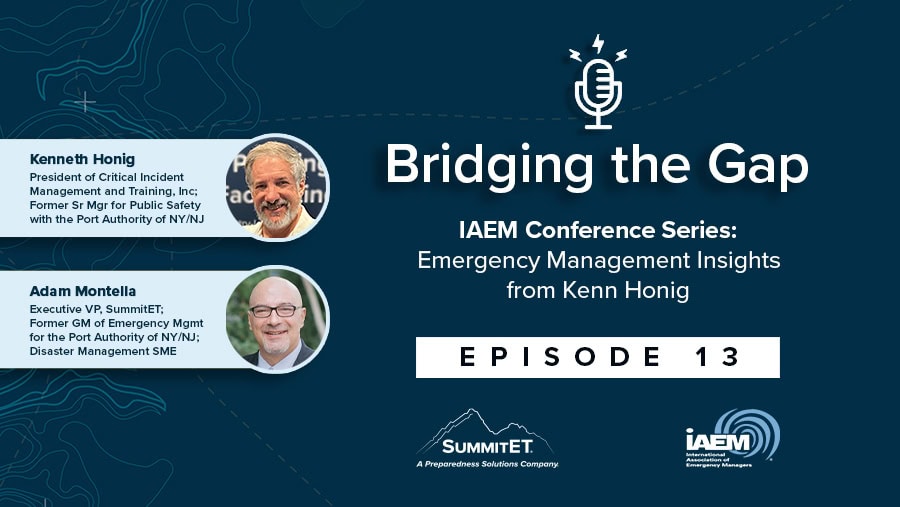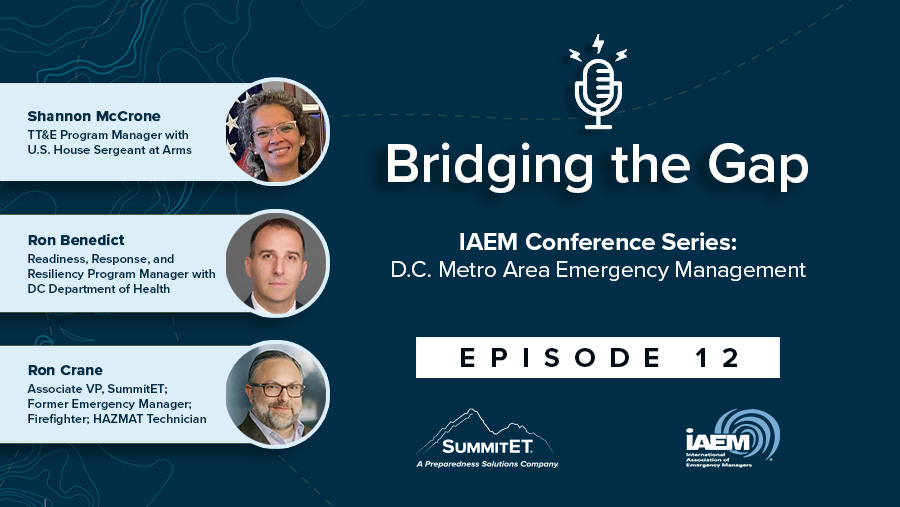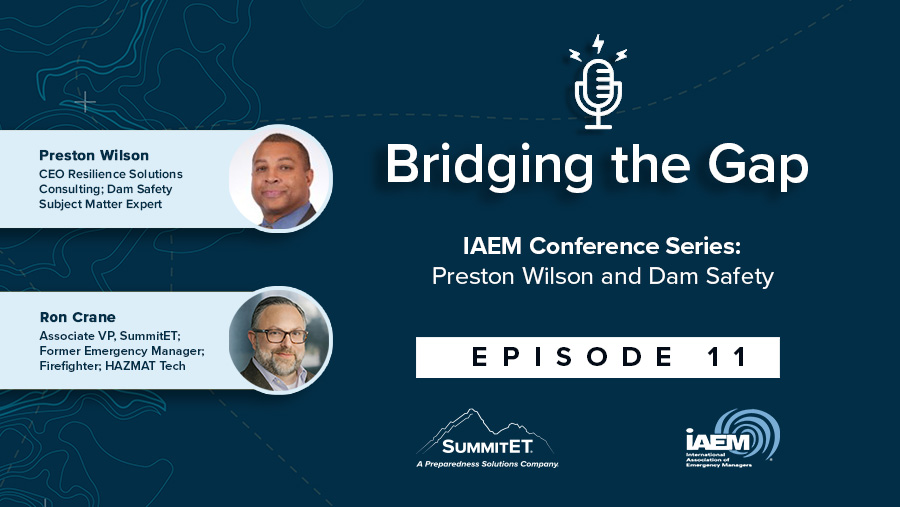Convoluted incidents, the political environment, and natural disasters create challenging communication situations. Recognizing underlying driving factors, our own strengths and weaknesses, and having the ability to identify and address communication complexities affect our ability to respond properly and communicate effectively. We are living in unprecedented times and facing new challenges requiring different approaches and well-practiced communication skill sets. This blog addresses how to approach individual and organizational communication strength training and how to increase understanding.
Addressing Biases
Culture, generation, personal history, perception, bias, prejudice and lack of understanding are just a few communication complexities adversely affecting our ability to respond properly and effectively. These complexities can and will influence how our intended audiences respond to our messages. Communication skills, like muscles, must be exercised to maintain tone and strength. Athletic trainers teach that muscle response should be challenged from different vantage points. Preparing risk and crisis communication muscles should be exercised from different vantage points as well. Failure to exercise our communication muscles may reduce communication gains, inhibit communication growth and result in communication atrophy.
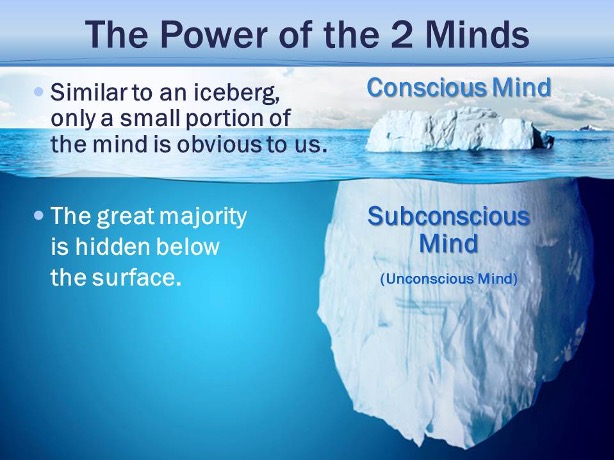
One component of communication strength training is awareness of biases and prejudices, and increasing understanding of communication complexities. It is important to recognize how personal history shapes our perspective and communication style. Our communication skills should allow us to “listen for understanding, not agreement.” Realizing the same things can mean different things to different people demonstrates the importance of active listening skills and the complexities of effective communication.
Preparing Your Organization or Agency
So, how do organizations and agencies prepare to respond to the convergence of several sensitive and challenging matters impacting our communities today? As futurist and philosopher Alvin Toffler once wrote: “The illiterate of the 21st century will not be those who cannot read and write, but those who cannot learn, unlearn, and relearn.” We need to develop and exercise our fast-twitch communication muscles. Regularly exercising helps to be prepared to respond when needed, enhances organizational ability to respond to unpredictable events, provides organizational agility, and integrates specific, high intensity training. Organizations and agencies, much like athletes, should specifically train to optimize their fast-twitch communication muscles to strengthen their strategic communication plans.
Exercising these communication skills enables businesses to sprint through difficult times, jump over obstacles, become more agile in challenging situations, and operate at peak performance levels in high intensity environments. Being an elite strategic communicator requires development of communication muscles to identify and address the complexities of communication.
Current events have highlighted need for more advanced and strategic communication in uncertain times. Regardless of the position we hold or authority we have been given, at some point, we all must face our own communication complexities, strengths, and weaknesses. Preparing your organization or agency to address communication complexities verifies our strengths, highlights our weaknesses, and provides avenues for improvement. Communication complexities require real talk, by real people, who are well-trained, well-prepared, and ready to address real issues.

